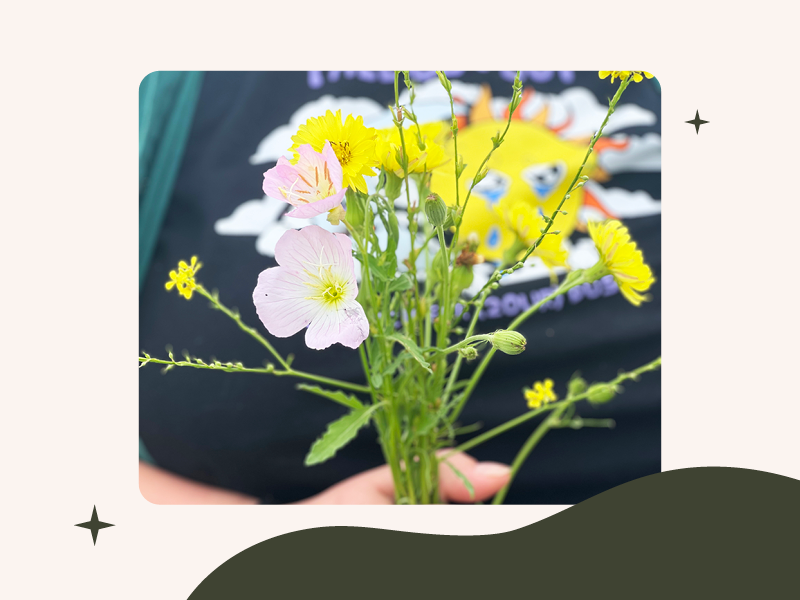5 Signs Your Loved One is Suffering from Addiction — And How Trauma Plays a Role
Today, we know that substance abuse is so much more than a bad habit. Rather, it is almost always the outer symptom of deep inner pain, a desperate attempt to self-medicate that which takes so long to heal. According to research, as much as 75% of people with substance use disorder have a past history of trauma — and that is even more common in women. Up to 60% of women will experience a traumatic event in their lifetime, according to the National Alliance on Mental Illness, and many will turn to drugs and alcohol to cope. If someone you love is showing signs of substance abuse, it is important to remember that they are in pain and in need of help. Recognizing the signs can allow you to get them the trauma treatment and support that they need, so they can finally begin to heal.
Signs of Addiction: Changes in Behavior and Mood
One of the first ways that a substance use disorder begins to surface is a shift in behavior or mood. Someone that you love may become more secretive, irritable, or defensive. She may begin acting out of character: failing school when she used to be a good student, skipping work when she was once proud of her career, or missing events with beloved friends, for example. These changes may escalate as the substance use increases. Depression and desperation may begin to manifest as anger. When someone you love lashes out, it can be hard to remember the deep pain that they feel. Try to see past those outer symptoms to the wounds that lie beneath.
Signs of Addiction: Physical Changes
Along with behavior, physical changes may begin to manifest after prolonged substance use. These vary depending on a woman’s substance of choice, but might include things like weight loss or gain, changes in sleep patterns, bloodshot eyes, skin wounds, poor hygiene, sweating, and more.
Signs of Addiction: Financial or Legal Issues
For many, financial and legal issues are the end result of the behavioral changes associated with substance use disorder. Loved ones may notice when a relative or friend begins to rack up DUIs, needs to borrow money, or is having their belongings repossessed due to unpaid bills. Financial and legal issues are often the sign of a progressed disease, and can serve as a “rock bottom moment” for many. If you see your loved one facing these problems, it may be time to get help.
Signs of Addiction: Denial
It’s a paradox: One of the most common signs of substance use disorder is the utter denial that substance use disorder exists. If you gather the courage to confront your loved one about their substance use, you’re likely to face an emphatic denial and resistance. It’s easy to get frustrated with that kind of response, but it’s vital to remember that your loved one is hurting. Drugs or alcohol may seem like the only way for them to live with the pain, and it’s only by approaching them with love and care that they will ever be able to accept the help that they need.
Signs of Addiction: Drug Paraphernalia
This may seem obvious, but finding drug paraphernalia or alcohol bottles is a clear indicator that substance use may be a factor in how your loved one has changed. Here, the difficulty may lie i knowing what to look for. Tinfoil, spoons, or plastic baggies may seem innocuous to people who do not use drugs, but they can be signs of a hidden problem. If you find something unusual, consider googling it or ask a trusted resource whether it may indicate drug use.
Get Help for Trauma & Substance Abuse
Recognizing the signs of addiction can be confusing, but it’s worth the try. Early intervention can prevent further harm, and put your loved one on the path to freedom that much faster. If you suspect that a loved one may be using drugs or alcohol to cope with trauma, reach out. Our trauma IOP in Austin for women can provide the resources, healing, and supportive community needed to finally find peace at last.






